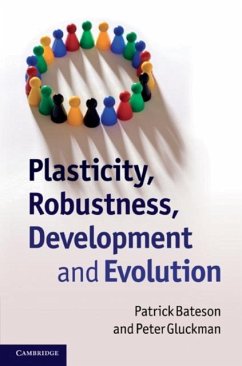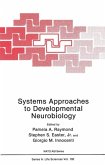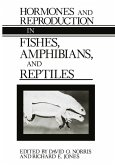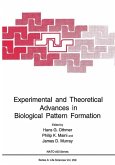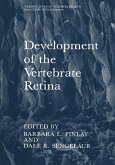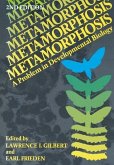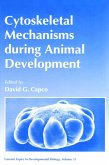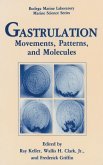How do we understand and explain the apparent dichotomy between plasticity and robustness in the context of development? Can we identify these complex processes without resorting to 'either/or' solutions? Written by two leaders in the field, this is the first book to fully unravel the complexity of the subject, explaining that the epigenetic processes generating plasticity and robustness are in fact deeply intertwined. It identifies the different mechanisms that generate robustness and the various forms of plasticity, before considering the functional significance of the integrated mechanisms and how the component processes might have evolved. Finally, it highlights the ways in which epigenetic mechanisms could be instrumental in driving evolutionary change. Essential reading for biologists and psychologists interested in epigenetics and evolution, this book is also a valuable resource for biological anthropologists, sociobiologists, child psychologists and paediatricians.
Dieser Download kann aus rechtlichen Gründen nur mit Rechnungsadresse in A, B, BG, CY, CZ, D, DK, EW, E, FIN, F, GR, HR, H, IRL, I, LT, L, LR, M, NL, PL, P, R, S, SLO, SK ausgeliefert werden.

